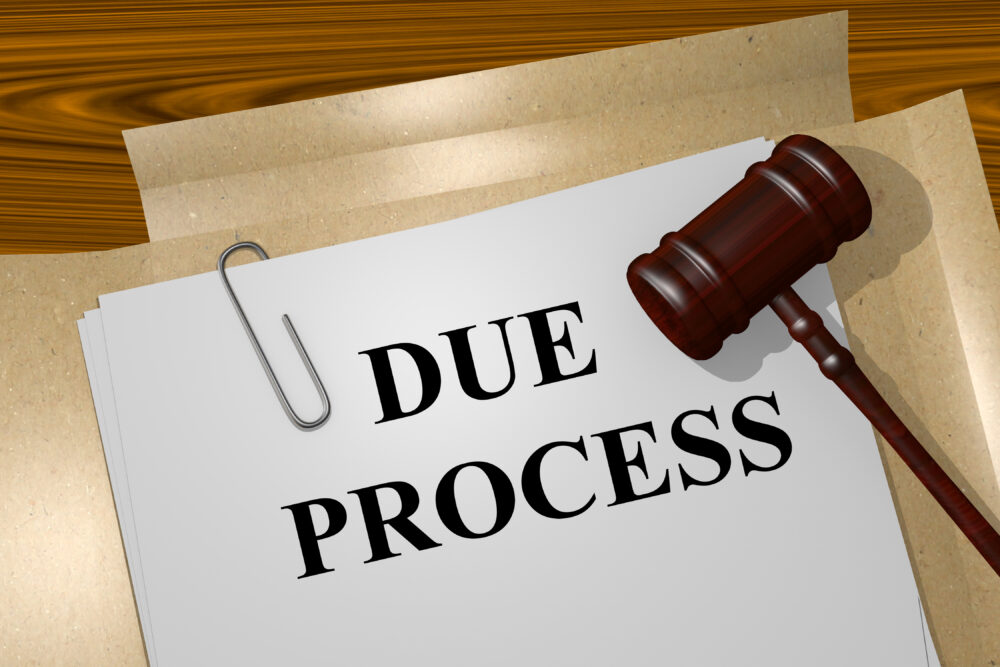DUE PROCESS
due process cane be define as the established procedures and practices that ensure fair and lawful handling of business operations and disputes.
ATTRIBUTE OF DUE PROCESS
-
Operation: Ensures that all procedures are carried out systematically and according to established rules.
-
Fairness: Guarantees that decisions are made impartially, giving all parties a fair chance to present their case.
-
Openness: Promotes clear and accessible processes, allowing everyone to understand and review decisions.
-
Respect for the Rule of Law: Adheres to legal standards and regulations, ensuring all actions comply with the law.
-
Accountability: Holds decision-makers responsible for their actions and ensures decisions are explained.
-
Consistency: Applies rules uniformly to ensure fair treatment and avoid arbitrary decisions.
PROBLEM CREATED BY LACK OF TRANSPARENCY , ACCOUNTABILITY, AND PROBITY (TAP)
-
Without transparency and probity, there is a higher risk of corrupt practices, such as bribery and fraud.
-
Poor accountability can result in mismanagement of resources, leading to inefficient use of funds and assets.
-
Stakeholders may lose confidence in the organisation if processes and decisions are not transparent or accountable.
-
Lack of adherence to legal and regulatory standards can lead to legal penalties and compliance problems.
-
Ineffective and opaque processes can hinder decision-making and operational efficiency.
-
Absence of probity can encourage unethical behaviour and reduce overall integrity within the organisation.
SOLUTION
-
Create and enforce clear rules and procedures for ethical behaviour and operations.
-
Make information about decisions and finances open and easy to access.
-
Use regular checks and audits to ensure everything is done correctly and to spot problems early.
-
Promote a culture of honesty by providing training and leading by example.
-
Clearly define roles and responsibilities, and hold people accountable with fair consequences for misconduct.
